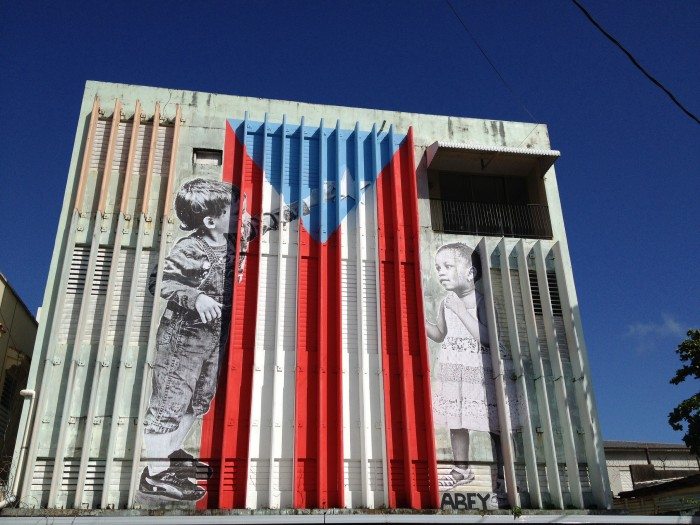It’s very telling that both the U.S. and Puerto Rican corporate media framed Sunday’s Plebiscito 2017 as a “vote for statehood.” It simply was not, because in the end, close to 80% of Puerto Rican voters chose abstention.
The abstention vote might seem like a “non-vote” or insignificant, but in the history of Puerto Rican plebiscites, it has been a powerful one. In the 2012 plebiscite, for example, statehood won 61.16% of the vote. Yet the Senate Energy and Natural Resources Committee argued that this majority vote did not represent the majority of Puerto Rico because of the overwhelming number of abstentions. More than 498,000 people left question 2 —whether they would prefer “Statehood,” “Independence,” or “Sovereign Free Associated Commonwealth”— completely blank. Thousands more abstained from voting all together. Once the abstentions were accounted for, statehood only won about 44% of the vote. The Senate Committee argued, as a result, that the vote was inconclusive, at best, and did not represent the majority of Puerto Ricans, at worst.
Now, there’s an argument to be made that in 2012 —as in 2017— Congress did not want Puerto Rico to be a state. Indeed, in their current relationship with Puerto Rico, the U.S. government extracts exponentially more revenue from Puerto Rico than they pour in. In essence, the U.S. would lose this economic, strategic, and symbolic capital if Puerto Rico were to become a state.
That said, in 2012 —again, as in 2017— populares (status quo) and independentistas (independence supporters) shared the argument in Puerto Rico that the plebiscite was inconclusive and did not represent the majority of the Puerto Rican people. They added, however, that said plebiscite was a political ploy by estadistas (statehooders) to try and gain momentum in their particular agenda.
Irrespective of whether or not it was a political ploy, however, it’s significant that abstention swayed the results of the vote. That around 80% of the Puerto Rican people have abstained from voting is extremely significant. Congress hasn’t even made a commitment to honor the plebiscite results and Sunday’s really low turnout won’t convince Washington. Even if they did, however, history shows that in Puerto Rican plebiscites abstentions count as a vote—indeed, in many respects, they may be the most significant vote.
That the Plebiscito 2017 was presented as a “vote for Statehood” indicates to me that once again we have a push by estadistas for a particular political agenda. And, the overwhelming amount of people who abstained also indicates that this plebiscite might not help in resolving the question of Puerto Rico’s status. What it does reveal, however, is that people are tired of political ploys and will create a bochorno to prove it—thus making abstention a political act.
***
Jorge Juan Rodríguez V is Ph.D. Student at Union Theological Seminary in New York. He tweets from @JJRodV.



